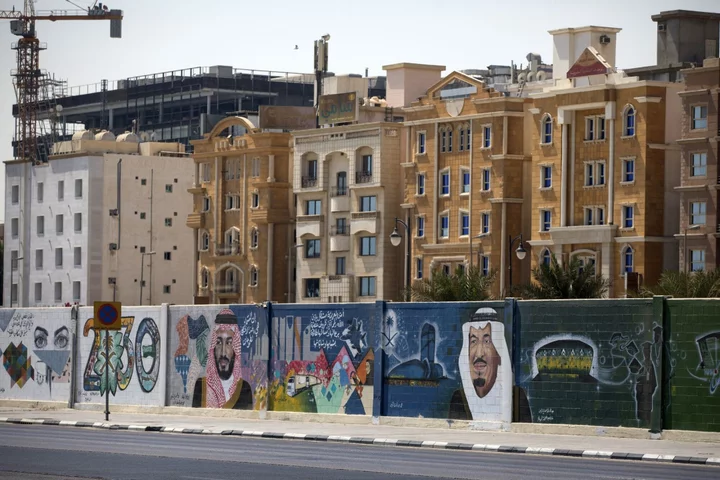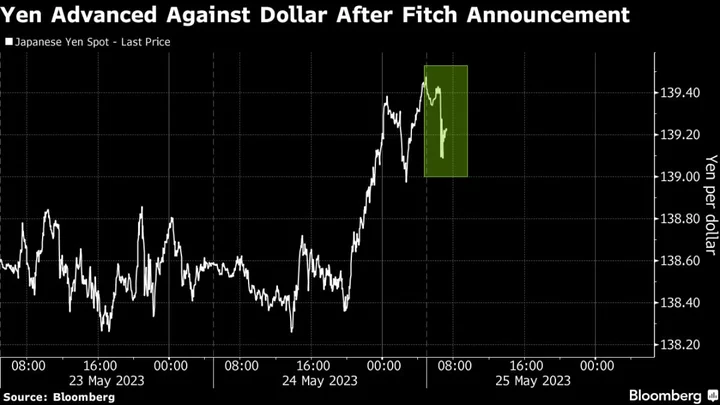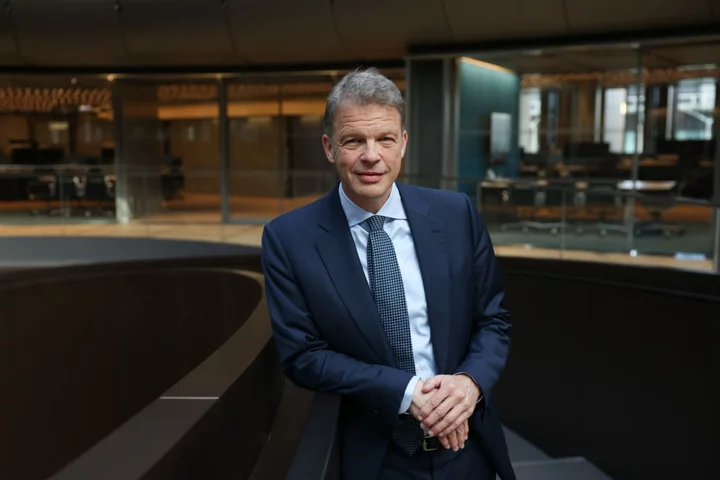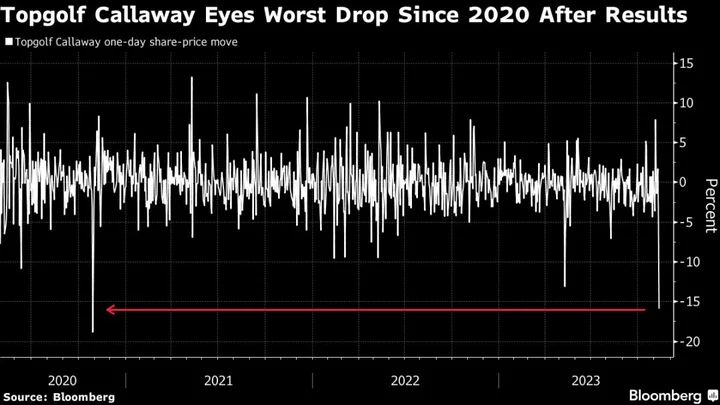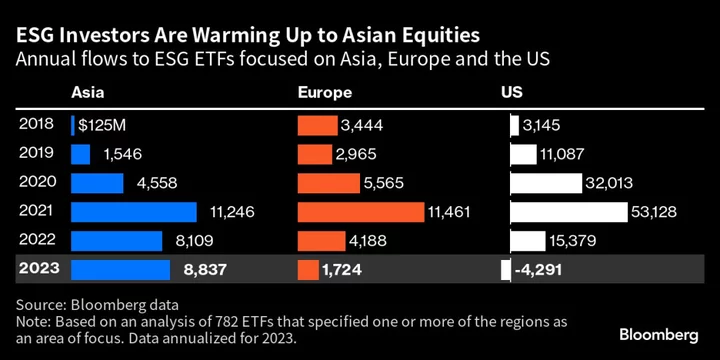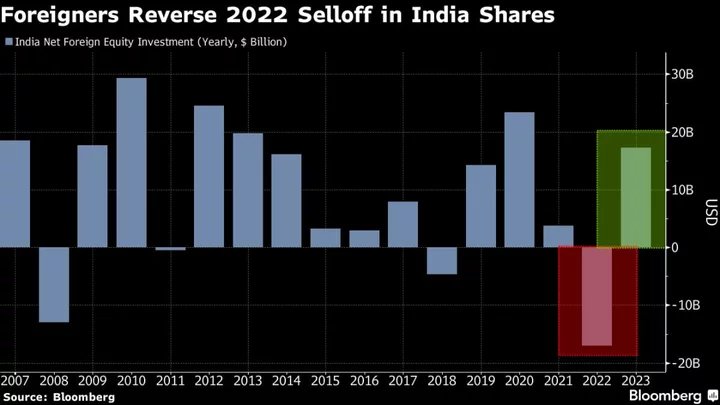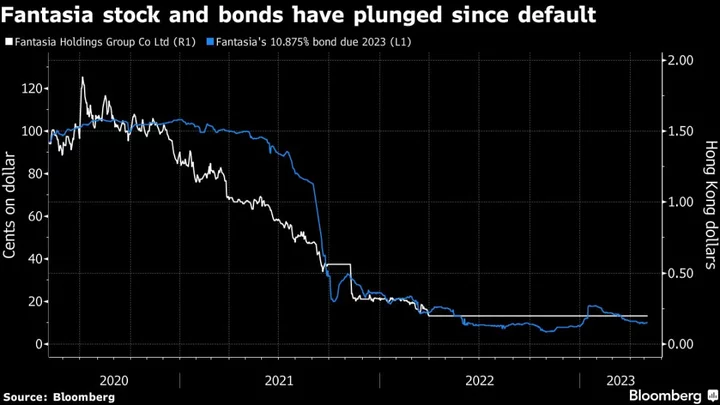Saudi Arabia has raised $11 billion through a syndicated loan as it looks to fund a budget deficit amid weaker oil revenues.
The 10-year loan was funded by a group of banks including Industrial and Commercial Bank of China, Citigroup Inc, First Abu Dhabi, and HSBC Holdings Plc, according to sources familiar with the matter. The loan has a margin of 100 basis points above a benchmark known as SOFR, or the secured overnight financing rate, the people said.
A spokesperson for the Saudi Ministry of Finance did not immediately respond to requests to comment.
Saudi Budget Deficit Blows Out to $9.5 Billion as Revenues Slip
Saudi Arabia revised its financial outlook, forecasting deficits from 2023 until at least 2026, according to a medium term budget projection published in October. The deficit comes amid weaker than expected oil prices, lower production from May and rising government spending as the kingdom spends hundreds of billions of dollars on a diversification drive championed by Crown Prince Mohammed bin Salman and dubbed Vision 2030.
While part of that will be funded by oil revenue, the government also needs to attract foreign investment and borrow. At the end of the third quarter government, debt was 994 billion riyals ($265 billion).
“The authorities are looking to maintain a similar mix of external and domestic financing, and are also exploring their options in the syndicated loan market for the financing of specific projects,” Goldman Sachs Group Inc. economists, including Farouk Soussa, said in a note this week.
Many key bodies investing in Vision 2030 projects, including the Public Investment Fund and its subsidiaries developing the new city of Neom, have already borrowed tens of billions of dollars.

